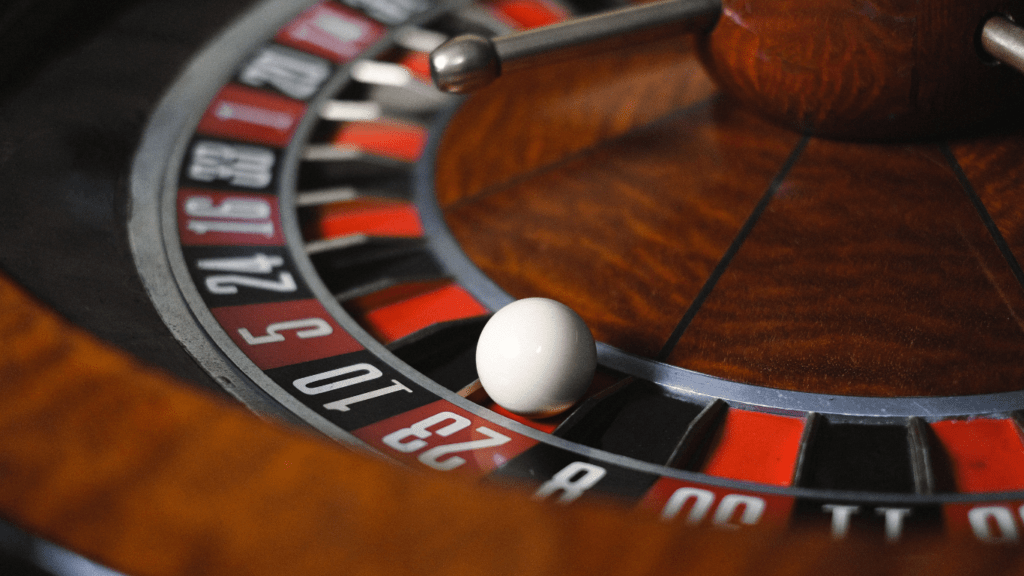Ever wondered why some people seem to make irrational decisions when it comes to gambling? In this article, I’ll delve into the fascinating world of cognitive biases and their profound impact on our gambling choices. From the allure of big wins to the fear of missing out, our minds are wired in ways that can lead us astray when placing bets.
As I explore the intersection of psychology and gambling, I’ll uncover how cognitive biases influence our risk assessments and decision-making processes. Understanding these biases is crucial for anyone looking to make more informed and rational choices in the realm of gambling. So, buckle up as we unravel the intricate ways in which our minds can play tricks on us when stakes are high.
Understanding Cognitive Biases in Gambling
Exploring the world of gambling reveals a fascinating interplay between cognitive biases and decision-making. In this realm, our minds can often lead us down unexpected paths, swaying our choices without us even realizing it. Understanding these cognitive biases is crucial for anyone engaging in gambling activities, as they can significantly impact our risk assessments and overall decision-making processes.
The fusion of psychology and gambling sheds light on how our minds can play tricks on us when faced with high-stakes situations. By unraveling the nuances of cognitive biases, individuals can gain valuable insights into why they make certain gambling decisions, empowering them to make more informed choices in the future.
Common Cognitive Biases in Gambling Decisions
Exploring the impact of cognitive biases on gambling decisions sheds light on essential aspects to consider when participating in such activities. By recognizing and understanding these biases, one can make more informed choices in the realm of gambling. Let’s delve into specific cognitive biases that play a crucial role in shaping our gambling decisions.
Anchoring Bias
Anchoring bias is a cognitive bias that influences decision-making based on the first piece of information received. In gambling, this bias can lead individuals to fixate on initial odds or outcomes and struggle to adjust their thinking accordingly. For example, if a gambler initially believes they are on a ‘winning streak,’ they may continue to place bets solely based on that belief, disregarding actual probabilities or risks.
Gambler’s Fallacy
The gambler’s fallacy is another prevalent cognitive bias in gambling, where individuals believe that past outcomes influence future results, especially in games of chance. This bias can lead to irrational decision-making, such as betting higher amounts after a series of losses because they feel “due” for a win. Understanding and recognizing the gambler’s fallacy is crucial for making rational and logical gambling decisions based on probabilities rather than perceived patterns.
Impact of Cognitive Biases on Gambling Behavior
Exploring the impact of cognitive biases on gambling behavior reveals how these psychological tendencies can significantly influence decision-making processes. Cognitive biases are inherent shortcuts in thinking that often deviate from rationality, impacting how individuals assess risks and make choices in the context of gambling.
- Anchoring Bias: Anchoring bias refers to the tendency to rely heavily on the first piece of information encountered when making decisions. In gambling, this bias can manifest when a player fixates on initial odds or outcomes, even when new information suggests a different approach. For example, someone may continue to bet on a specific number in roulette because it was their first choice, disregarding changing circumstances or odds.
- Gambler’s Fallacy: The gambler’s fallacy is a common cognitive bias in gambling where individuals believe that past outcomes can influence future events, even when each event is statistically independent. This bias can lead players to make irrational decisions based on a perceived “balance” of outcomes rather than actual probabilities. For instance, a player may continue to bet on a particular color in roulette because they believe it is “due” to appear, despite each spin being statistically unrelated to previous spins.
Recognizing and understanding these cognitive biases is essential for individuals engaging in gambling activities. By being aware of these tendencies, players can make more informed decisions based on probabilities and logical reasoning rather than emotional attachments or perceived patterns. Overcoming cognitive biases empowers individuals to approach gambling with a clearer mindset, enhancing their ability to navigate the complexities of chance and risk effectively.
Strategies to Mitigate Cognitive Biases in Gambling
Exploring strategies to mitigate cognitive biases in gambling is crucial for informed decision-making in this realm. By understanding and implementing effective strategies, individuals can enhance their ability to make rational choices based on probabilities rather than succumbing to emotional impulses or flawed perceptions.
1. Increase Awareness:
Recognizing the presence of cognitive biases is the first step towards mitigating their impact on gambling decisions. By acknowledging these biases, individuals can consciously evaluate their thought processes and avoid making impulsive choices based on faulty reasoning.
2. Set Clear Limits:
Establishing explicit limits before engaging in gambling activities can help deter individuals from falling prey to cognitive biases like the Gambler’s Fallacy. By setting predefined boundaries on time and money spent gambling, individuals can mitigate the urge to chase losses or believe in patterns that do not influence the outcome of future events.
3. Utilize Decision Tools:
Employing decision-making tools such as probability charts and risk assessment techniques can aid in overcoming cognitive biases like the Anchoring Bias. By relying on factual data and objective analysis, individuals can make more informed and rational choices, reducing the influence of biased thinking patterns.
4. Seek External Feedback:
Consulting with peers, mentors, or professionals in the gambling field can provide valuable external feedback to counteract cognitive biases. External perspectives can offer fresh insights and challenge predisposed beliefs, helping individuals reassess their decisions objectively and avoid falling victim to cognitive distortions.
5. Practice Mindfulness:
Cultivating mindfulness and staying present in the moment can help individuals avoid succumbing to impulsive decisions influenced by cognitive biases. By focusing on the current situation rather than past outcomes or future expectations, individuals can make more rational choices aligned with objective probabilities.
6. Take Breaks and Reflect:
Allowing time for breaks during gambling sessions and reflecting on past decisions can aid in combating cognitive biases. Taking a step back to reassess one’s thought processes and analyzing previous choices can facilitate a more objective evaluation of future gambling decisions, reducing the impact of biased thinking patterns.
Implementing these strategies can significantly enhance individuals’ ability to make informed and rational decisions in the context of gambling, mitigating the detrimental effects of cognitive biases and fostering a more calculated approach towards risk-taking activities.




